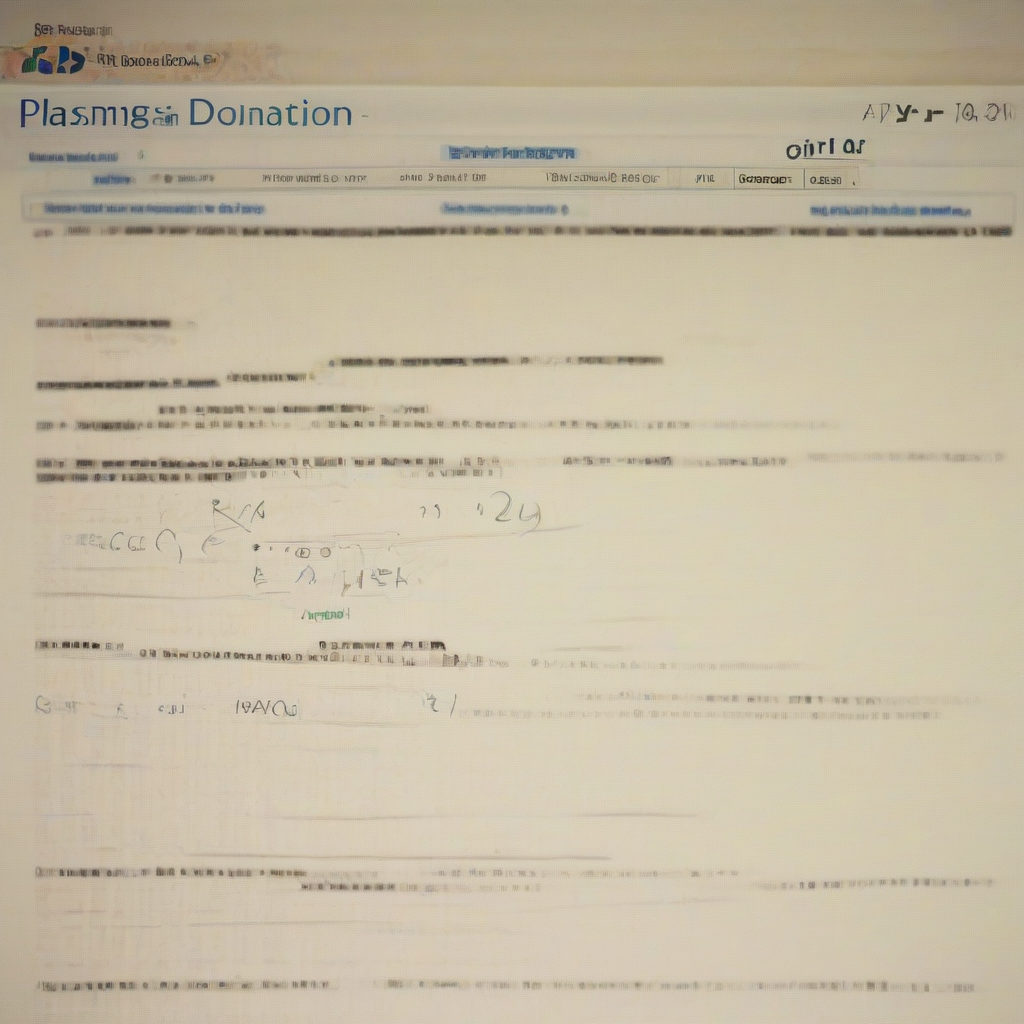Unveiling the Hidden Secrets: How to Find Out Where a Website is Hosted
In the vast expanse of the internet, websites emerge as digital gateways, providing information, services, and entertainment. But behind these online facades lie the physical servers that power them, the locations where data resides and traffic flows. Unveiling the secrets of where a website is hosted can be a fascinating journey, revealing insights into website infrastructure, security, and performance.
Understanding the hosting location of a website can be beneficial for various reasons:
- Security Assessment: Knowing the location of a website’s hosting provider can help assess potential security risks associated with the region’s data protection laws and infrastructure.
- Performance Optimization: By identifying the server location, you can optimize website content delivery based on geographic proximity, reducing latency and improving user experience.
- Competitive Analysis: Understanding where your competitors host their websites can provide valuable insights into their infrastructure choices and potential areas for differentiation.
- Legal and Compliance: Depending on your industry or jurisdiction, certain legal or compliance requirements might dictate the hosting location of your website.
- Personal Curiosity: For those with a keen interest in web development and online infrastructure, exploring the behind-the-scenes workings of websites can be a rewarding pursuit.
Methods for Uncovering Hosting Locations
Several methods can be employed to uncover the hosting location of a website. These techniques range from simple web-based tools to more advanced command-line utilities, offering varying levels of accuracy and complexity.
1. WHOIS Lookup
One of the most fundamental methods for determining website hosting location is through a WHOIS lookup. This process utilizes a publicly available database that contains information about registered domain names. By entering the domain name in a WHOIS search tool, you can retrieve details such as the registrant’s name, contact information, and registrar. While WHOIS data doesn’t always directly reveal the hosting location, it can often provide clues, such as the registrant’s country or the registrar’s headquarters location, which can be indicative of the server’s geographic proximity.
- Pros: Easy to use, readily accessible, and provides basic information about the domain registration.
- Cons: Information may be incomplete or outdated, and doesn’t directly reveal the hosting provider or server location.
2. DNS Records
Domain Name System (DNS) records play a crucial role in resolving domain names to IP addresses, enabling websites to be accessed online. By inspecting a website’s DNS records, you can glean information about its hosting provider and location. Specific DNS records, such as the “A” record, which maps a domain name to an IP address, can be analyzed to identify the hosting server’s location.
- Pros: Provides more specific information about the hosting provider and server location, often including the IP address.
- Cons: Requires technical knowledge of DNS records and specialized tools for analysis.
3. Website Headers
When you access a website, your browser receives a response that includes various headers, containing valuable information about the website and its server. One such header, the “Server” header, can reveal the specific web server software used, which may provide clues about the hosting provider and location. However, this information is not always accurate, as some hosting providers use generic headers for security or privacy purposes.
- Pros: Relatively straightforward to access using browser developer tools.
- Cons: Information can be incomplete or obfuscated, and not always accurate.
4. IP Address Location Tools
Once you have identified the website’s IP address, you can utilize IP address location tools to determine the approximate geographic location of the hosting server. These tools work by cross-referencing IP addresses with databases that correlate IP ranges to specific locations. While these tools can provide a general idea of the server’s location, they may not be perfectly accurate due to factors such as server virtualization or data center location.
- Pros: Provides a general idea of the server’s location based on IP address.
- Cons: May not be perfectly accurate due to server virtualization or data center location.
5. Web Hosting Monitoring Services
Dedicated web hosting monitoring services offer comprehensive insights into website infrastructure, including hosting location. These services utilize advanced techniques such as DNS analysis, network monitoring, and server fingerprinting to provide detailed information about the hosting provider, server type, and location. While often subscription-based, these services provide a reliable and accurate solution for those needing precise hosting location information.
- Pros: Provides detailed and accurate information about hosting provider, server type, and location.
- Cons: Requires a subscription and may not be necessary for casual users.
Additional Tips for Finding Hosting Location
Beyond the primary methods outlined above, several additional tips can enhance your chances of uncovering a website’s hosting location:
- Check for Website Footers: Some websites include footer sections that may display the hosting provider’s name or location. These details are often incorporated for legal or transparency purposes.
- Search Social Media: Social media platforms can be a source of information about a website’s hosting provider or team, potentially revealing clues about the server location.
- Contact the Website Owners: If your reason for finding the hosting location is legitimate, consider reaching out to the website owners through their contact information or support channels. They might be willing to provide information about their hosting provider.
Ethical Considerations
While uncovering the hosting location of a website can be insightful, it’s crucial to be mindful of ethical considerations. Gathering information without proper consent or using it for malicious purposes can lead to legal consequences and reputational damage.
Always use your knowledge of website hosting location responsibly and respect the privacy and security of websites and their owners. If you have concerns about the security or reliability of a website, consult with trusted security professionals or contact the website owner directly.
In conclusion, finding out where a website is hosted is a multifaceted process requiring various techniques and tools. Whether you’re a security researcher, website owner, or simply a curious individual, understanding the methods outlined above can provide valuable insights into the behind-the-scenes infrastructure of the online world.










